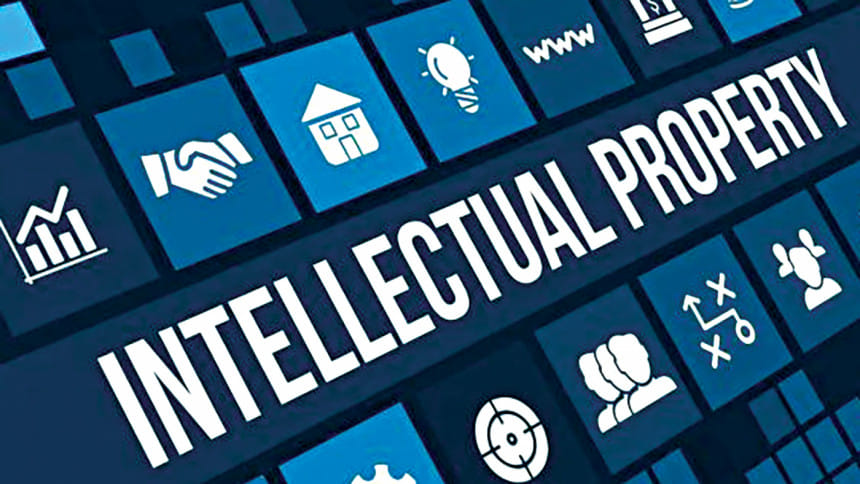Copyright protection for healthy meme culture

To know this, you may search your favorite meme excerpt’s original photo in Google. If the photo does not fall under ‘Creative Commons License’, then it is protected by copyrights. You must give credit to the author before making anything out of this photo. Through this license, the author gives right to share, use and make something out of this. And these rights are given only for non-commercial purposes. This clearly depicts that, even if someone uses a photo, he must not use it for commercial purposes. Apart from that, meme can be considered as ‘derivative work’ in strict legal sense.
According to copyright law, the owner has the sole authority to create a derivative work. In our country this right of derivative work can be rested, if the content is used for ‘fair use’ i.e. for educational purposes, private research, criticism, review or for reporting public events (in Newspaper or TV) under section 72(1) of The Copyright Act-2000. But if the person who is making the meme makes direct or indirect revenue out of it, harms the intent of original work, there comes the purview of copyright violation under section 71 of the said Act. These criteria were also settled in the famous ‘Socially Awkward Penguin Case’ in 2015. This meme was highly circulated over internet by ‘Geek-sisters’. The photo was actually captured by National Geographic photographer George F. Mobley for ‘Gettty Images’. Geek-sisters had to pay 785.40 Pounds for the illegal use of the image. Warner Bros faced litigation for copyright infringement by using the popular ‘Nyan Cat’ and ‘Keyboard Cat’ image in the game named ‘Scribblenauts’. They paid a huge amount of compensation to Charles Schmidt and Christopher Orlando Torres (Charles Schmidt and Christopher Orlando Torres V. Warner Bros Entertainment, CV 13-02824).
Alongside this, memes often violate the privacy of a person or, through nascent steps, further racial discrimination. We see the famous websites i.e. Reddit, Tumblr, 9Gag, Know Your Meme etc. instigating racial micro-aggression by their meme contents. A study named ‘Computer in Human Behavior’ by Dr. Williams has showed that, almost all of the Facebook users excluding the black races are biased to racist memes. And another alarming thing is that in making memes, use of pictures of persons without his/her permission have increased. If someone is earning revenue by utlising the template, picture or video that is an ‘artistic work’ of someone else, the artist is entitled to revenue or compensation in terms of copyright violation under section 2(36) The Copy Right Act.
To strengthen this message, European Union has come up with the EU Directives for Copyright. Article 13 of the Directives prescribes that, Facebook and other social Media sites have to maintain strong surveillance on any content is uploaded online in order to ensure the protection of copyright. The content creators and concerned sharing services will have to assist in removing unauthorized content.
Till now Bangladesh has not witnessed any precedent of ‘meme-o-logic’ litigation. But meme culture is booming in Bangladesh. Uncontrolled production of memes and other contents have been flooding social media every now and then. Nobody gives a moment’s thought about copyright violation before making or circulating these memes. Section 14(1) of The Copyright Act is blatantly violated in many of these cases as they are produced, reproduced, published and republished without the authorisation of original author.
But, technologically, it will be impossible for our country to regulate these activities as there are thousands of memes generated everyday unless a policy similar to that of EU is adopted. Memes that violate right to privacy, instigate racism and communal differences need to be surveilled closely. Lastly, the meme creators should give credit to the original authors as a part of moral and legal obligation for the sake of helping healthy meme culture flourish.
The writer is an LL.M. student, University of Chittagong.

 For all latest news, follow The Daily Star's Google News channel.
For all latest news, follow The Daily Star's Google News channel. 



Comments